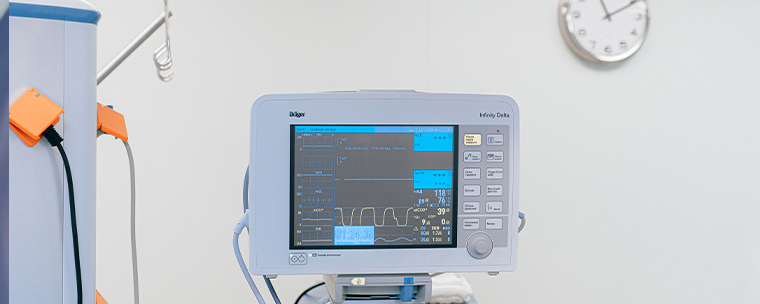Assessing Cardiovascular Health:

One valuable tool we utilize is ankle-brachial index (ABI) testing, which plays a significant role in evaluating peripheral arterial disease (PAD) and overall cardiovascular health.
At Loqman Medical Care, PLLC, we prioritize comprehensive cardiovascular health assessments to ensure early detection and effective management of vascular conditions. One valuable tool we utilize is ankle-brachial index (ABI) testing, which plays a significant role in evaluating peripheral arterial disease (PAD) and overall cardiovascular health. In this blog post, we will explore the importance of ABI testing and how our dedicated team, led by Dr. Nuveed Loqman, MD, utilizes this technique to optimize patient care.
Understanding Ankle Brachial Index (ABI) Testing:
Ankle-brachial index testing is a non-invasive procedure that assesses blood flow and circulation in the legs. It involves comparing the blood pressure measurements taken at the ankle and the arm. By calculating the ratio between these two readings, healthcare providers can determine the extent of peripheral artery disease (PAD) and evaluate the overall cardiovascular health of a patient.
The Significance of ABI Testing:
Early Detection of Peripheral Arterial Disease (PAD):
ABI testing is a valuable tool for early detection of peripheral arterial disease, a condition characterized by narrowed arteries in the legs. Early diagnosis allows for timely interventions and preventive measures to manage PAD effectively and prevent complications such as leg pain, ulcers, and reduced mobility.
Assessment of Cardiovascular Risk:
ABI testing provides insights into a patient's overall cardiovascular health. Abnormal ABI results can indicate an increased risk of heart disease, stroke, and other cardiovascular events. By identifying individuals at higher risk, healthcare providers can implement appropriate interventions and lifestyle modifications to improve cardiovascular health outcomes.
Evaluation of Treatment Effectiveness:
For patients already diagnosed with peripheral arterial disease or undergoing treatment, ABI testing is used to assess the effectiveness of interventions such as medication, lifestyle modifications, or surgical procedures. Regular ABI measurements help monitor improvements in blood flow and determine the success of the treatment plan.
Guiding Individualized Treatment Plans:
Based on ABI test results, healthcare providers can tailor treatment plans to meet individual patient needs. This may include medications to manage blood pressure and cholesterol levels, supervised exercise programs, dietary modifications, and recommendations for smoking cessation. The personalized approach ensures that patients receive the most appropriate and effective treatments for their specific conditions.
At Loqman Medical Care, PLLC, we recognize the significance of ABI testing in assessing cardiovascular health. Dr. Nuveed Loqman, MD, and our dedicated team utilize this non-invasive technique to optimize patient care and enhance cardiovascular wellness. We provide comprehensive evaluations, accurate ABI measurements, and individualized treatment plans that focus on improving blood flow, managing risk factors, and promoting overall cardiovascular health.
Contact Loqman Medical Care, PLLC today to schedule an appointment and discover how our expertise in ankle brachial index testing can benefit your cardiovascular health journey.










